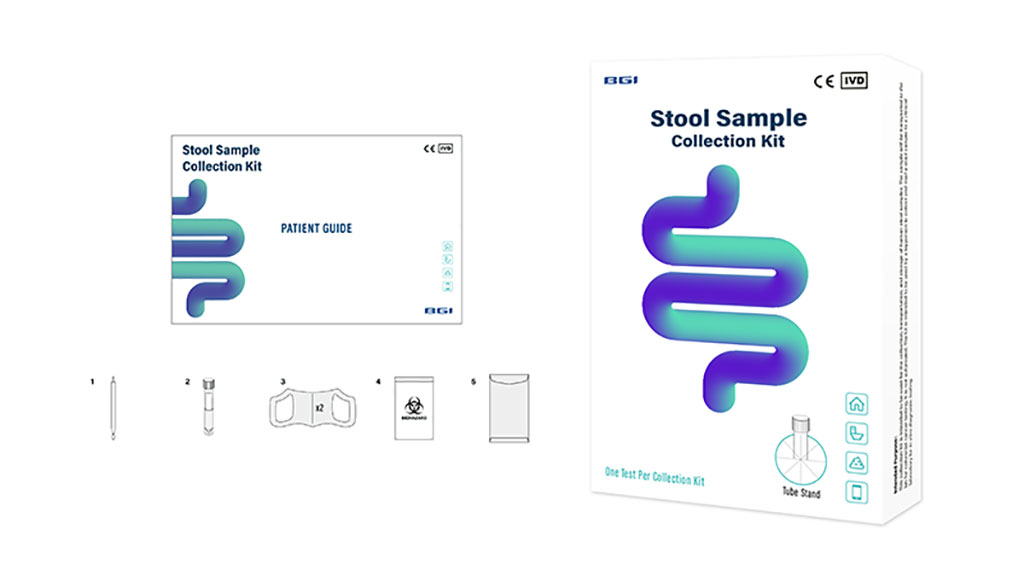Non-Invasive Fecal DNA Test Accurately Detects Colorectal Cancer and Precancerous Lesions
Posted on 30 Mar 2023
Colorectal cancer is a highly prevalent form of cancer worldwide, with over 1.9 million new cases reported in 2020, and is a leading cause of cancer-related deaths. Fortunately, regular screening can help prevent many cases of colorectal cancer. Common screening methods include both invasive procedures like flexible sigmoidoscopy and colonoscopy, as well as non-invasive options such as blood tests and fecal-based tests. Currently, fecal-based tests available include the guaiac-based fecal occult blood test (gFOBT), fecal immunochemical test (FIT), and the new, multitarget stool DNA test.
The newer fecal DNA testing, being able to detect specific DNA changes found in cancerous tumors or precancerous polyps, is generally considered more sensitive than FIT. Aberrant DNA methylation is an early molecular change that is common, stable, and detectable in small amounts of DNA during carcinogenesis. Consequently, cells from precancerous and cancerous lesions with these mutations are often shed as DNA biomarkers into the stool. Thus, fecal DNA testing has the potential to outperform FIT not only in detecting colorectal cancer but, more significantly, in detecting precancerous adenoma.

BGI Genomics (Shenzhen, China) has developed a non-invasive fecal DNA test, known as COLOTECTTM 1.0, to detect colorectal cancer and precancerous lesions. The test employs multiplex methylation-specific PCR (MSP) technology to track abnormal DNA-methylation biomarkers in stool samples. Detection of methylated DNA as a tumor biomarker has become common in several cancer types, including colorectal cancer. The COLOTECTTM 1.0 is highly sensitive and specific, with a straightforward workflow approach and compatible with commonly used PCR platforms. The test has a 88% sensitivity for colorectal cancer and a remarkable 46% sensitivity for detecting advanced adenoma for early detection. Additionally, its specificity for non-advanced neoplasms is as high as 92%.
In case of abnormal results detected by the COLOTECT 1.0 test, patients will require additional diagnostic tests and consultations with a medical professional. The test's non-invasive and easy-to-use characteristics make it easier for patients to overcome barriers to colorectal screening. COLOTECT 1.0 has the potential to enhance colorectal cancer prevention and early detection, providing patients with better health outcomes and improved convenience. The test is CE-marked and currently available in over 20 countries in South-East Europe.
Related Links:
BGI Genomics














